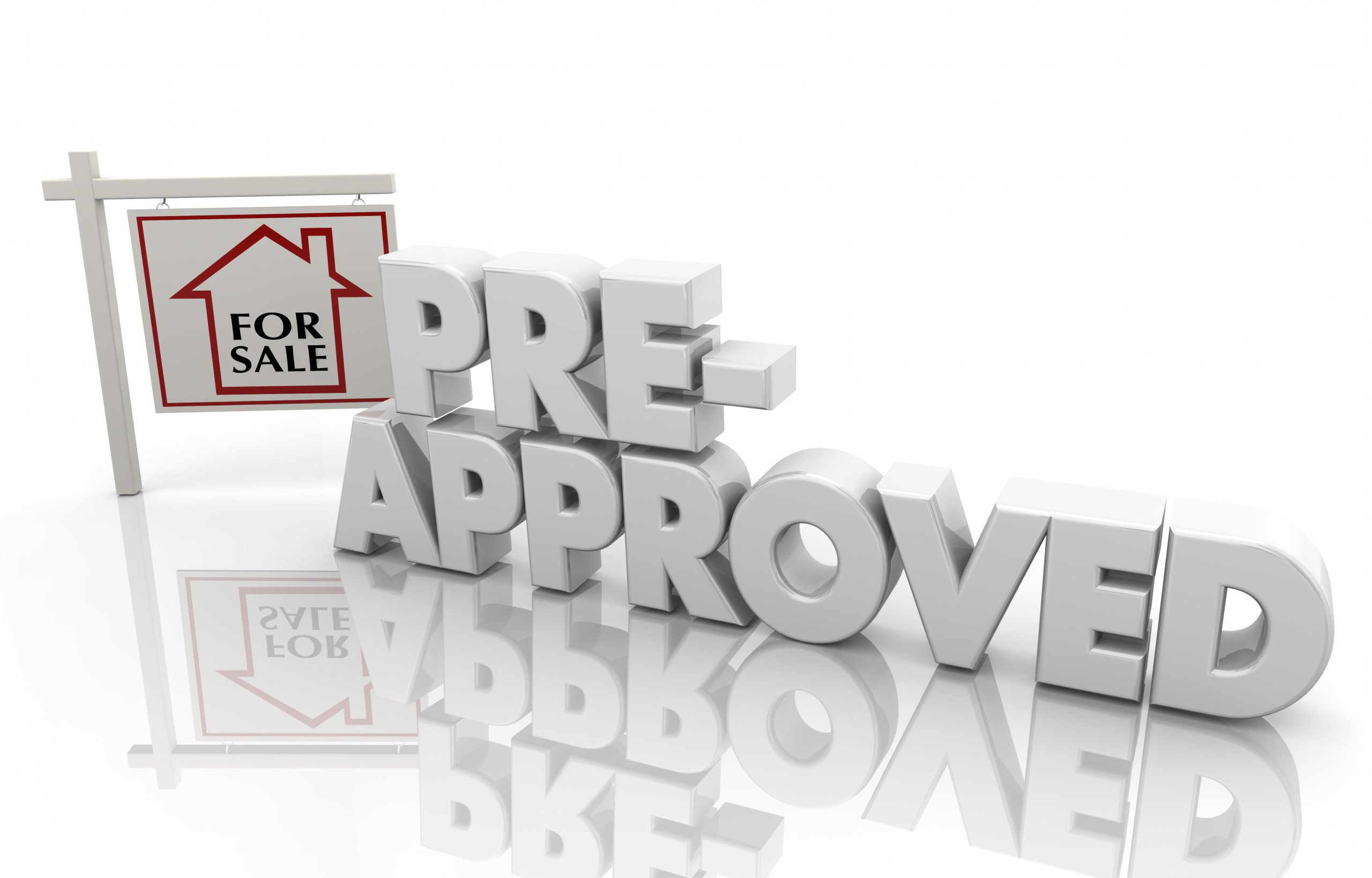Buying a home is one of the biggest financial decisions you’ll ever make—and while it’s…
Tips for Self-Employed Borrowers
Being your own boss has its perks—freedom, flexibility, and unlimited earning potential. But when it comes to getting a mortgage, self-employed borrowers often face extra hurdles. At Rapid Home Loan, we specialize in helping business owners, freelancers, and independent contractors navigate the home loan process with clarity and confidence.
If you’re self-employed and planning to buy or refinance a home, here’s what you need to know to boost your approval odds and make the process smoother.
💼 1. Get Your Financial Documents in Order
Traditional employees show W-2s and pay stubs. As a self-employed borrower, you’ll need to provide:
-
At least 2 years of personal and business tax returns
-
Year-to-date profit and loss statements
-
Bank statements (business and personal)
-
Business license (if applicable)
-
CPA or accountant letters (sometimes requested)
At Rapid Home Loan, we help you gather and prepare all necessary documents so lenders get a clear picture of your income and financial stability.
📉 2. Lower Your Debt-to-Income Ratio (DTI)
Your DTI ratio shows how much of your income goes toward debt. A lower DTI improves your chances of qualifying.
Quick tip:
If possible, pay off or reduce existing debt (credit cards, car loans) before applying. This can significantly improve your application—even more than raising your income.
📈 3. Show Consistent or Growing Income
Lenders love consistency. Two years of steady or increasing self-employment income reassures them that your business is sustainable.
Pro tip: Avoid large business write-offs right before applying for a mortgage. While deductions reduce your tax bill, they also lower your reported income—making it harder to qualify.
🏦 4. Keep Business and Personal Finances Separate
Mixing personal and business transactions in the same account can complicate underwriting. Make sure you have:
-
A dedicated business checking account
-
A clean, traceable flow of income from your business to your personal account
This makes it easier for underwriters to verify income and cash flow.
🔒 5. Consider a Bank Statement Loan or Alternative Programs
If traditional documentation is tough, there are non-QM (non-qualified mortgage) programs designed for self-employed borrowers. One popular option is the bank statement loan, which uses 12–24 months of bank deposits to verify income instead of tax returns.
At Rapid Home Loan, we offer access to alternative loan programs tailored specifically for business owners and freelancers.
📊 6. Improve Your Credit Score
Your credit score still plays a big role in mortgage approval and rates. Make sure to:
-
Pay bills on time
-
Keep credit card balances low
-
Avoid opening new accounts before applying
A strong credit profile can sometimes make up for lower documented income.
🤝 7. Work with a Mortgage Broker Who Understands Self-Employed Borrowers
At Rapid Home Loan, we understand the unique challenges self-employed buyers face—and we know how to present your financial picture in the best possible light. We work with multiple lenders to find mortgage options that fit your needs, even if your income situation isn’t straightforward.





